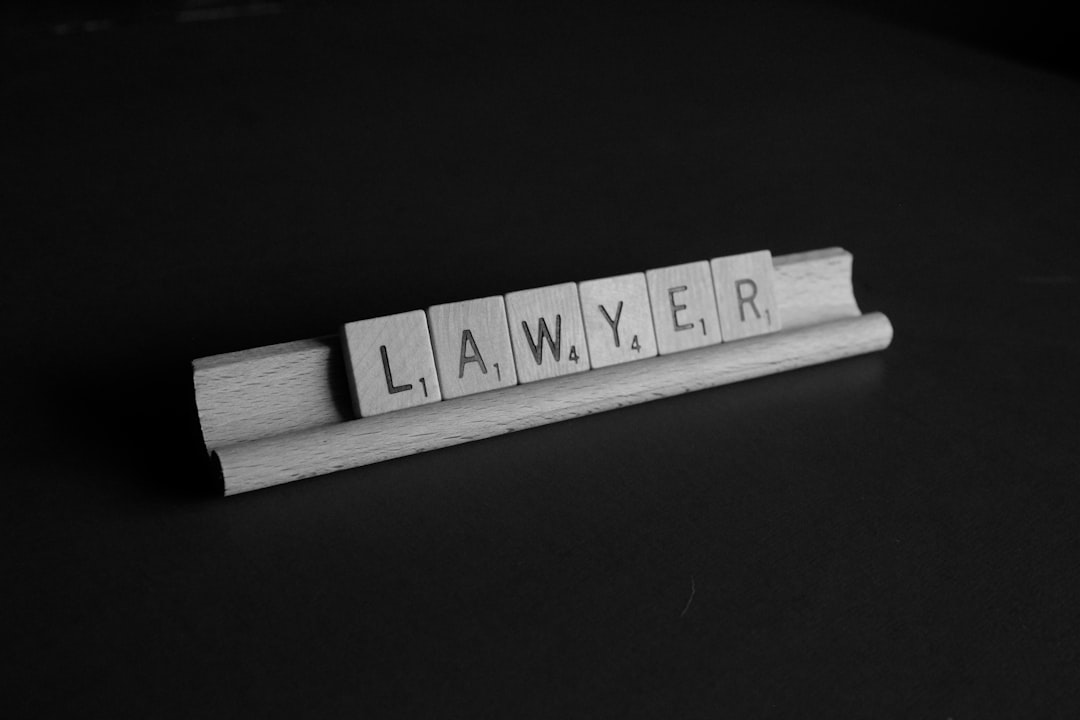Louisiana residents, especially in Baton Rouge, are protected from spam texts and unwanted calls by laws like the TCPA and LUTPA. If you're facing persistent spam, consult a qualified Spam Text Lawyer Louisiana to understand your rights and legal options. Identify and report suspicious messages, register on the National Do Not Call Registry, and use blocking apps. Choose an attorney with expertise in consumer protection and telecommunications laws for tailored guidance and representation against spammers.
In today’s digital age, unwanted text messages, or spam, have become a ubiquitous nuisance. Baton Rouge residents often face an overwhelming influx of promotional texts, posing legal and privacy concerns. This comprehensive guide navigates the complex landscape of spam text in Louisiana, empowering you to protect your rights. From understanding the legal aspects to employing effective blocking strategies, we delve into actionable steps, including choosing a reputable Spam Text Lawyer in Louisiana for specialized assistance. Say goodbye to unwanted intrusions and reclaim control over your communication channels.
Understanding Spam Text and Its Legal Aspects in Louisiana

In Louisiana, just like in many other states, spam text and unwanted calls are regulated by law to protect consumers from harassing or misleading communication. Understanding what constitutes spam text is crucial. It often includes unsolicited messages promoting products, services, or investments, and can be sent from unknown numbers or masquerading as legitimate businesses.
While some spam texts may be easily identifiable, others employ sophisticated tactics to evade detection. If you’re facing a persistent problem with unwanted spam calls or text messages in Baton Rouge, it’s advisable to consult with a spam text lawyer Louisiana. A qualified attorney specializing in spam call law firms Louisiana can help you understand your rights under current laws and explore legal options for blocking and holding perpetrators accountable.
Your Rights Against Unwanted Texts: Louisiana Laws Explained

In Louisiana, including the vibrant city of Baton Rouge, citizens have legal protections against unwanted text messages, often referred to as spam texts. The Telephone Consumer Protection Act (TCPA) is a federal law that restricts businesses from sending automated or prerecorded calls and texts to individuals without their prior consent. This includes marketing messages, notifications, or any form of communication deemed intrusive.
Louisiana has also enacted its own laws reinforcing these rights. According to the Louisiana Unfair Trade Practices Act (LUTPA), businesses are prohibited from engaging in deceptive or unfair practices, including unsolicited text messaging for commercial purposes. If you’ve received spam texts and wish to take action, consulting a spam text lawyer or spam call attorney in Louisiana can help you understand your rights and explore legal options. These professionals can guide you on how to file a complaint with relevant authorities or take legal recourse against the offending entities.
How to Identify and Report Spam Text in Baton Rouge

Identifying and reporting spam text messages is a crucial step in keeping your phone free from unwanted interruptions. In Baton Rouge, as across Louisiana, it’s important to be vigilant against spam calls and texts that can often masquerade as legitimate communications. These messages may appear from unknown numbers, offering false deals, soliciting personal information, or directing you to download harmful apps. They can even pose as warnings from banks or government agencies.
If you receive a suspicious text in Louisiana, don’t ignore it. Look for red flags such as urgent language, requests for sensitive data, or unusual phone numbers. For persistent or especially concerning messages, report them to your mobile carrier and consider consulting a spam text lawyer in Louisiana or a spam call law firm in Louisiana who can provide guidance and take legal action if necessary. Remember, protecting yourself from these annoying intrusions starts with awareness and quick response.
Top Strategies to Block Incoming Spam Calls Effectively

In today’s digital age, spam text and unwanted calls have become a persistent problem for many Baton Rouge residents. But there are top strategies to block these incoming spam calls effectively. One proven method is to register your number on the National Do Not Call Registry, which can significantly reduce the volume of unsolicited calls. Additionally, utilizing blocking apps or features offered by your mobile service provider can be highly effective in filtering out spam texts and calls.
For more robust protection against spam text in Louisiana, consulting a lawyer specializing in spam call laws is advisable. A Spam text attorney in Louisiana can provide legal advice tailored to state regulations, helping you understand your rights and take necessary actions. Many law firms in Louisiana are dedicated to handling spam call cases, ensuring that residents have the tools and support needed to block unwanted communications.
Choosing the Right Spam Text Lawyer in Louisiana for Your Protection

When it comes to dealing with unwanted spam texts in Louisiana, selecting the appropriate Spam Text Lawyer or Spam Call Attorney is a crucial step for your protection. With numerous law firms specializing in this area, finding the right advocate becomes essential. Look for a well-versed and experienced lawyer who has a proven track record of successfully handling spam text and spam call cases. Ensure they are licensed to practice in Louisiana and have a deep understanding of state laws pertaining to consumer protection and telecommunications.
The ideal Spam Text Lawyer in Louisiana should offer specialized services tailored to your needs. They must be adept at navigating the complexities of anti-spam legislation, providing strategic advice, and representing your interests against companies or individuals sending unsolicited text messages. A reputable law firm will also have effective communication channels to keep you updated throughout the legal process.






